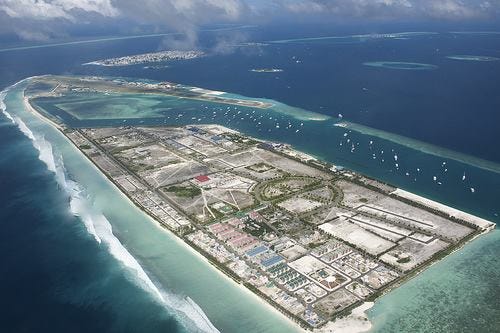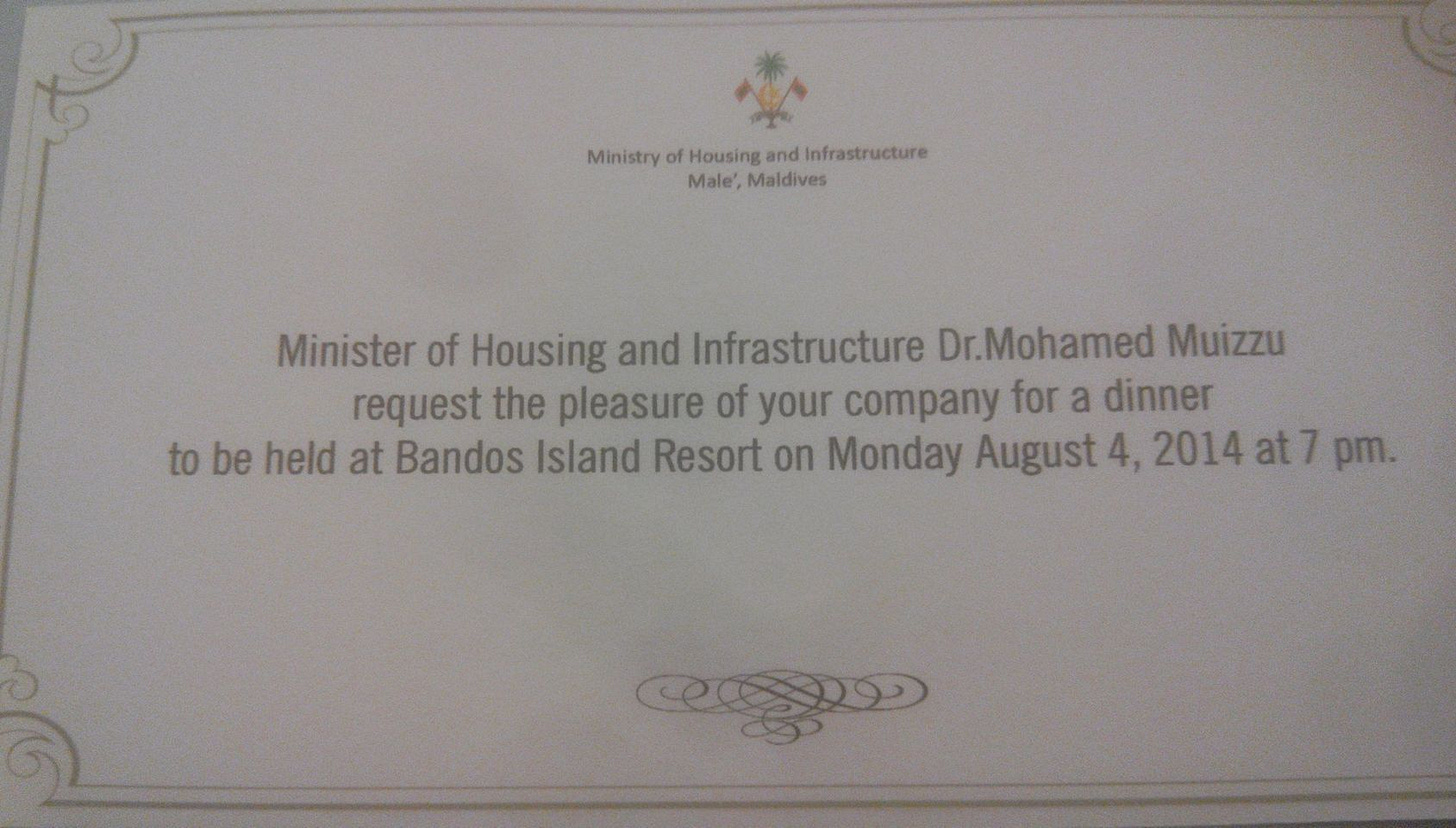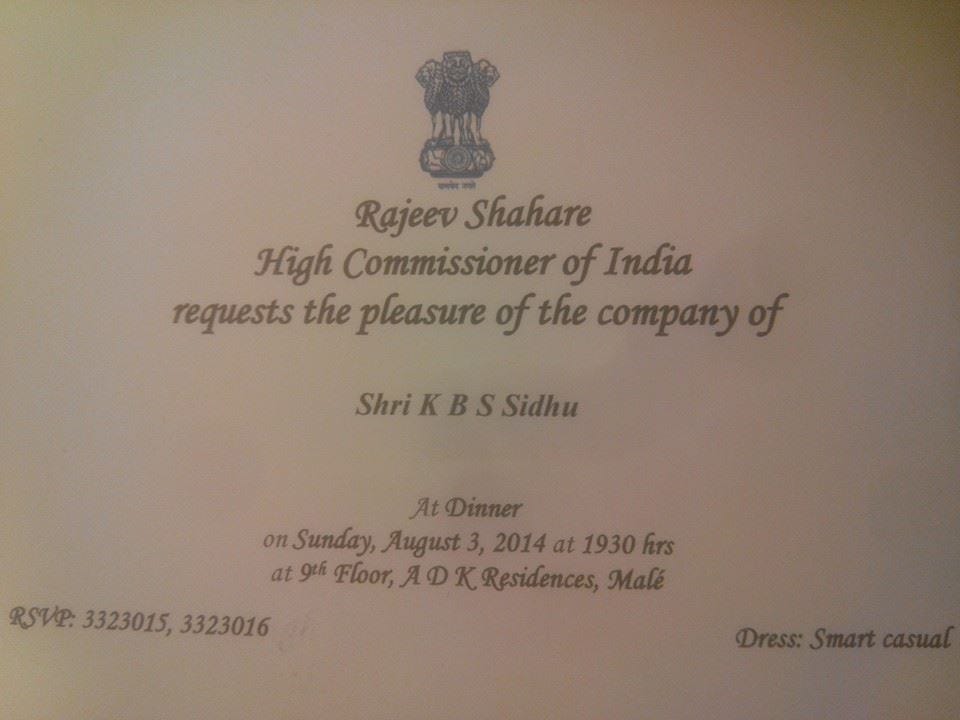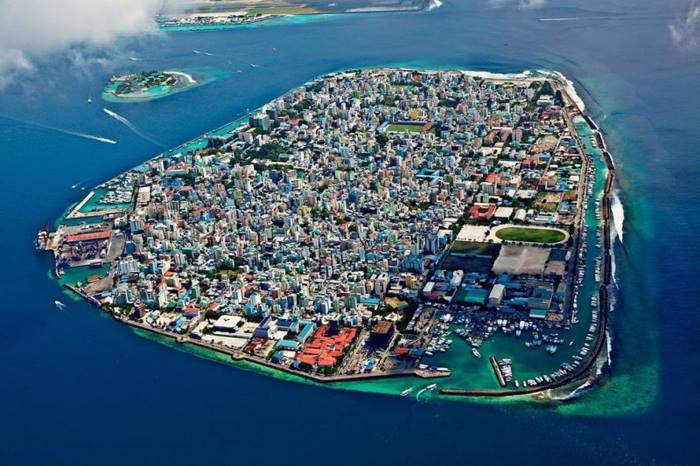Why is Maldives not a part of India?
A Critical Appraisal of Crucial Foreign Policy Decisions in the 1960s, 1970s and 1980s.
Introduction: Recent Controversy and Historical Context
The recent diplomatic rift between India and the Maldives, sparked by the utterly condemnable derogatory remarks made by Maldivian officials against Indian Prime Minister Narendra Modi, has reignited discussions about the historical relationship between the two countries. This controversy, stemming from a video of Modi's visit to Lakshadweep, has not only strained diplomatic ties but also impacted tourism and travel. To understand the current tension, it's essential to delve into the historical context of the Maldives' political independence and its relationship with India.
The Maldives: From Early Inhabitants to British Protectorate
The Maldives, an island nation in the north-central Indian Ocean, has a rich history dating back to the 5th century BCE. Initially inhabited by Buddhist communities from Sri Lanka and Southern India, the archipelago underwent a significant transformation with the adoption of Islam in 1153 CE. The strategic importance of the Maldives was recognized by the British, leading to its status as a British protectorate in 1887, which lasted until 1965.
Path to Independence: Breaking Away from British Rule
The crucial period leading to the Maldives' independence involved a complex interplay of local governance and foreign policy under British supervision. The agreement of 1887 between the Sultan of the Maldives and the British Governor of Ceylon marked a pivotal point, with the Maldives relinquishing foreign policy control in exchange for military protection and internal self-governance. This arrangement paved the way for the Maldives' eventual full independence in 1965, followed by the formation of a republic in 1968.
India-Maldives Relations: A Neighbourly Bond
The relationship between India and the Maldives1, both sharing a maritime border, has been historically friendly, marked by strategic, economic, and military cooperation. India's prompt recognition of the Maldives' independence in 1965 and its supportive stance in regional politics has been significant. The Maldives, in turn, has valued its friendship with India as a source of aid and a strategic counterbalance in the region, especially in relation to Sri Lanka.
Operation Cactus: India's Decisive Intervention in the 1988 Maldives Coup
The attempted coup in 1988 in the Maldives, led by businessman Abdullah Luthufi and backed by armed mercenaries, marked a critical juncture in the island nation's history, as well as in its relationship with India. The swift and decisive response from Indian Prime Minister Rajiv Gandhi to President Abdul Gayoom's call for help was a defining moment in regional politics. The dispatch of Indian paratroopers, in a mission known as "Operation Cactus," showcased India's commitment to maintaining stability in its neighboring nations, particularly in the strategically significant Indian Ocean region.
This operation was not just a demonstration of India's military capability but also a clear assertion of its willingness to intervene for preserving regional stability. The successful thwarting of the coup within a matter of hours, including the securing of key locations like the airport and the rescue of President Gayoom, underscored India's role as a regional power. "Operation Cactus" not only helped stabilize the Maldives but also reinforced India's position as a guardian of peace and security in the Indian Ocean. This intervention was significant in solidifying India's sphere of influence and its readiness to act against external threats in the region, thereby shaping the geopolitical landscape of South Asia.
Reevaluating India's Foreign Policy: The Overlooked Opportunities
In retrospect, India's strategic approach towards the Maldives, particularly during the pivotal moments of its independence, reveals a pattern of missed opportunities for establishing a more assertive presence in this strategically crucial Indian Ocean archipelago. While India did recognize the Maldives' independence, its reluctance to assertively embed itself in the region can be seen as a substantial oversight in its foreign policy, mirroring similar lapses observed during Bangladesh's liberation.
This period of missed strategic initiatives extends into the Rajiv Gandhi era, notably during "Operation Cactus" in 1988. While the operation itself was a decisive and successful intervention, rescuing President Gayoom and quelling the coup, it also highlighted a reactive rather than proactive stance in India's foreign policy. The operation, though a clear display of India's military capabilities and its willingness to maintain regional stability, also exposed the limitations of India's strategic foresight. It was a momentary assertion of influence rather than a sustained strategic engagement in the region.
Such instances necessitate a critical reassessment of India's foreign policy from the Nehru-Indira era through the time of Rajiv Gandhi. These historical reflections underscore the need to recognize and learn from the opportunities India missed to extend its sphere of influence, not just through soft power but through consistent and strategic geopolitical engagement. Understanding these missed opportunities is crucial for shaping a more assertive and forward-thinking foreign policy, especially in regions of strategic importance like the Maldives and Bangladesh.
Strategic Insights: Learning from the Past for Future Diplomacy
The retrospective analysis of India's mid-20th-century decisions concerning the Maldives and Bangladesh reveals significant missed opportunities in extending its strategic influence. These historical events serve as crucial lessons for shaping India's contemporary and future diplomatic strategies. It's imperative to understand that the religious demographics of these nations, predominantly Muslim, should not have been a deterring factor in India's foreign policy decisions.
India, with its diverse population that includes over 14% Muslims, stands as a testament to secular and inclusive governance. This pluralistic ethos could have been a cornerstone in fostering deeper relationships with Muslim-majority countries like the Maldives and Bangladesh. The historical hesitance in this regard underscores a need for a more inclusive and dynamic approach in India's foreign policy, one that transcends religious and cultural differences to focus on strategic, economic, and geopolitical interests.
As India continues to assert its role in both regional and global politics, the lessons from these historical instances are invaluable. They suggest that India's diplomatic strategies should be inclusive and assertive, recognizing the importance of strategic engagement with neighboring nations, irrespective of their religious compositions. This approach not only aligns with India's secular principles but also opens avenues for more robust and mutually beneficial relationships, reinforcing India's position as a key player in South Asian geopolitics and beyond2.
The Bureau Meeting of the Asia-Pacific Ministerial Conference of Housing and Urban Development Ministers concluded successfully.
As a part of the Permanent Secretariat, I am not at liberty to upload photos before they are published on to the official web-site.
Two new things, not connected with the agenda, learnt:
1. Alcohol is prohibited on the main Male Island; it's, however, very much permitted on all the Atoll Resorts.
2. When a Speedboat hits the surface of the ocean, the jerk you get is like the one you'd get in Tractor Trolley hitting a speed-breaker.
DISCLAIMER: Being the official dinner of the Hon'ble Minister of Maldives, no alcohol was served.
(From my 4th August, 2014 Facebook Post)
Who says Maldives is sinking?
They have reclaimed Hulhumalé literally out of the ocean and and are developing a brand-new settlement there.
The ultimate USP: The only island that is connected to the Malé International Airport by road, which even the Capital Malé is not.
The Minister of Housing and Infrastructure Dr. Mohamed Muizzu, personally conducted the delegates of India, South Korea and Iran. The Indian High Commissioner also accompanied.
(From my 5thAugust, 2014 Facebook Post)







